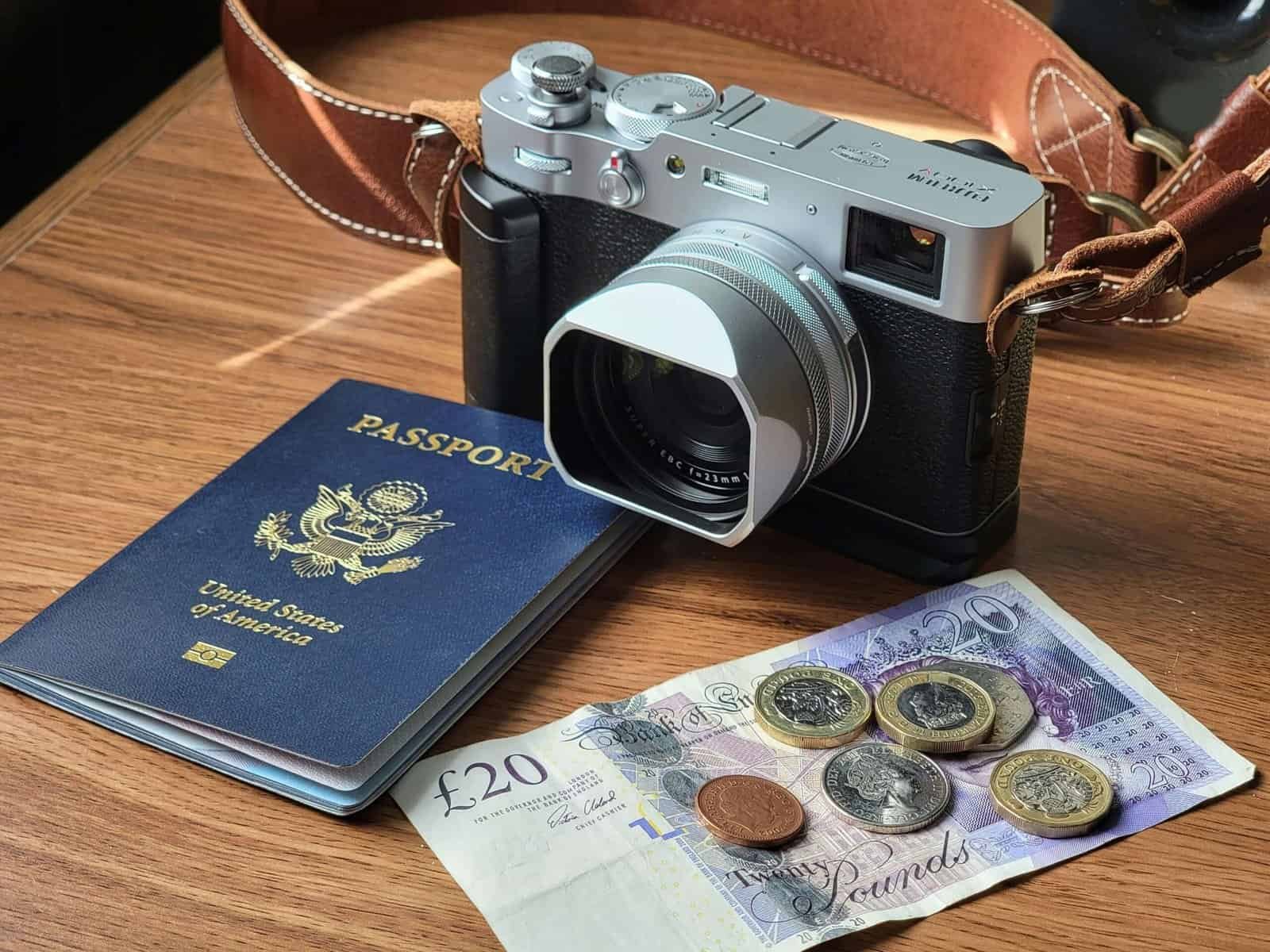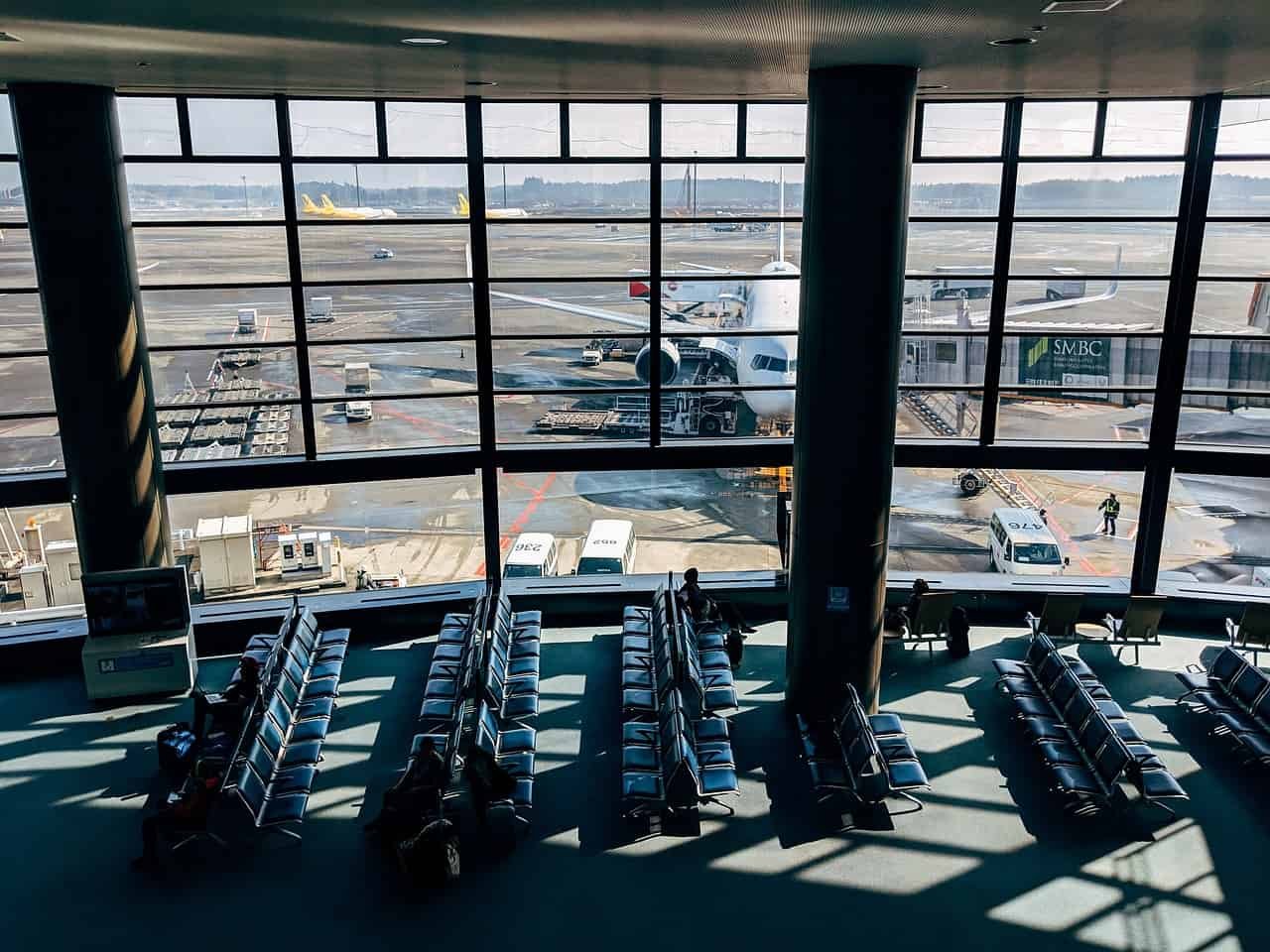The Ultimate Guide to Creating and Sticking to Your Travel Budget
Last Updated on July 15, 2023 by Tyler
Traveling has the potential to be a life-changing experience, but it can also be costly. That’s why it’s crucial to establish a budget for your upcoming vacation. By doing so, you can stay within your financial limits while still enjoying your trip, free from the concerns of overspending
Staying within budget can be challenging when traveling. While you’re having fun and enjoying the moment you may unknowingly end up spending a substantial sum of money. It is major to be mindful of your expenses.
In this post, we’ll share the ultimate guide to creating and sticking to your travel budget. We’ll offer valuable tips and tricks that will assist you in effectively planning your trip while also saving money on your vacation.
Determine Your Total Budget

The first step to creating a budget for traveling is to determine how much you can afford to spend. Take into account your income, expenses, and any existing savings designated for your travel plans. It is important to be realistic and ensure that you include travel-related expenses, such as transportation, accommodation, food, and activities
If you don’t have the funds to travel or are unsure where to begin, it’s essential to open a savings account or utilize an existing one. We highly recommend having a dedicated savings account separated from your primary bank account.
Having savings in an account separate from your checking account can help prevent you from transferring travel funds for any unnecessary expenses. Start by saving 5-20% of your income every time you get paid. By applying these strategies, you will witness your savings account grow over time and develop a mindset of saving money.
Choose Your Destination Wisely

Some destinations are pricier than others, so it’s important to choose your destination wisely according to your budget. However, take into consideration destinations that provide affordable accommodation, budget-friendly transportation options, reasonable food expenses, and free or low-cost activities.
Research Your Accommodation Options

Accommodations can be one of the biggest expense when traveling, so research your options carefully. Look for affordable hotels, hostels, motels or vacation rentals that fit within your budget. Consider using websites like Airbnb, Priceline, Couchsurfing, or HomeExchange to save the most money on accommodations.
Plan Out Your Source of Transportation

Transportation costs can add up quickly, so it’s important to plan your transportation options in advance. Look for discounts on flights, trains, or buses, and consider using public transportation or walking whenever possible.
Additionally, you can cut down on transportation costs by booking in advanced or travel during less busy periods. Undoubtedly, opting for off-peak travel times has helped us save a significant amount of money.
Create a Daily Budget

Once you have figured out your total budget and researched your expenses, it’s time to create a daily budget for your trip. Set aside a specific amount of money for each day, covering things like food, transportation, and activities.
Stick to this daily budget and make adjustments as needed in case of unexpected expenses or changes to your plans. Furthermore planning for unexpected expenses is important to ensure your safety and a smooth return.
Save Money on Food

Eating out can be costly, so save money on food by cooking your own meals or bringing snacks. Seek out local markets or grocery stores to purchase various ingredients and prepare your own meals. Additionally, take advantage of complimentary breakfast or happy hour specials offered at your accommodation.
Look for Free or Low-Cost Activities

You don’t need to spend a lot of money to have a great time while traveling. Seek out free or affordable activities like walking tours, museums, popular landmarks, or parks.
Explore local websites or travel guides for suggestions on budget-friendly things to do in your destination. We like to use TripAdvisor and Google Maps to find activities.
Use Travel Apps and Websites

There are many travel apps and websites that can help you save money while traveling. Use apps like Hopper or Google Flights to compare the prices of flights. Check Skyscanner and Expedia to compare prices on flights, transportation and accommodation.
Keep Track of Your Expenses!

We cannot stress this enough! It’s critical to monitor your expenses when traveling to ensure you stay within your budget. Use a budgeting app or notepad to track your spending and make necessary adjustments to your budget.
Ultimately, our goal is to ensure you have an enjoyable and successful vacation where you return home safely. Moreover, keep in mind the importance of planning and preparation.
Creating and sticking to a travel budget is vital for enjoying your trip without overspending. By implementing these tips and tricks, you can effectively plan your trip, save money, and create lasting memories without emptying your wallet.
Lastly, It is important to stay flexible and adapt your budget as needed in case of unexpected expenses or changes to your itinerary. Stay safe traveling!
Click here to read more blog post on this website.


